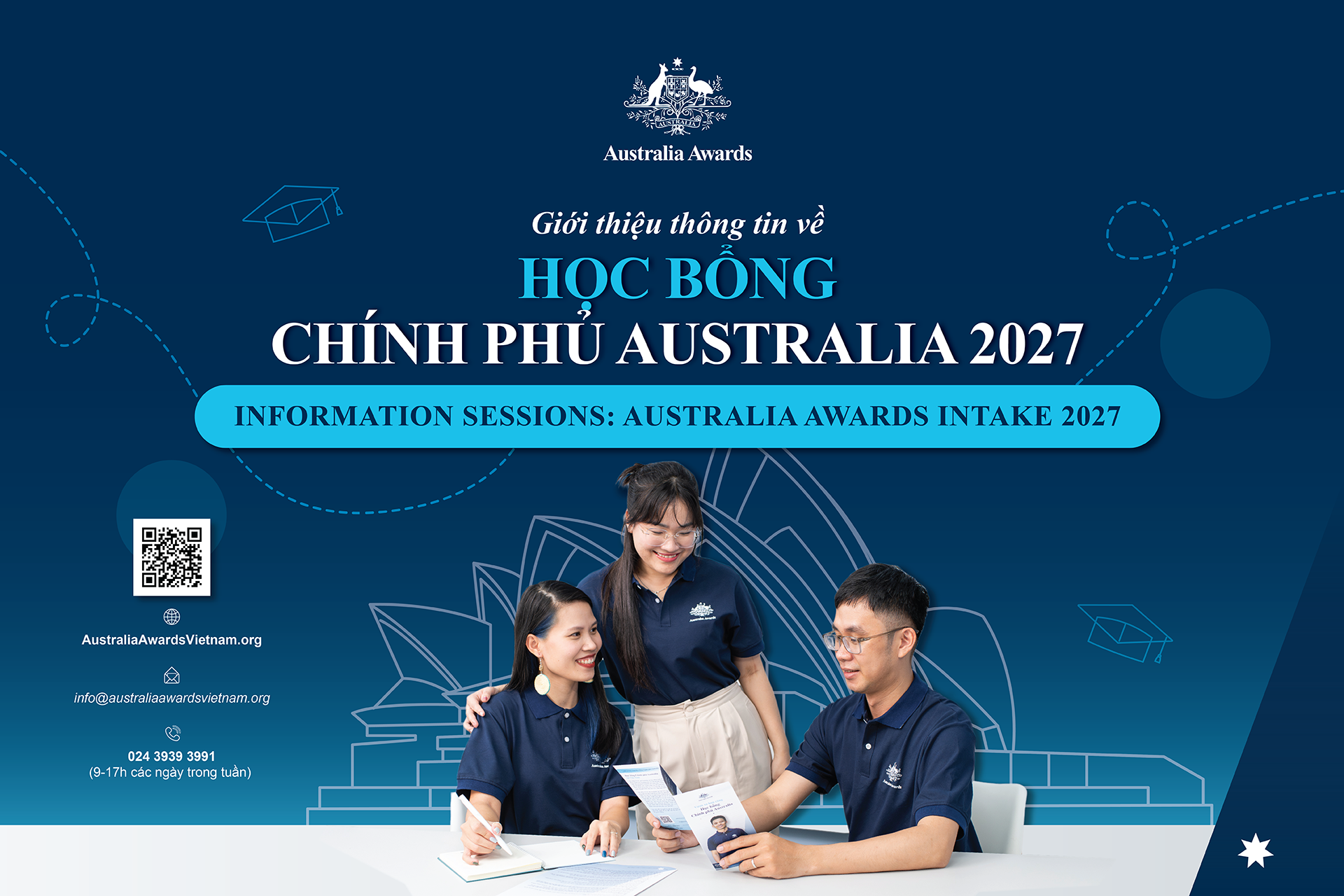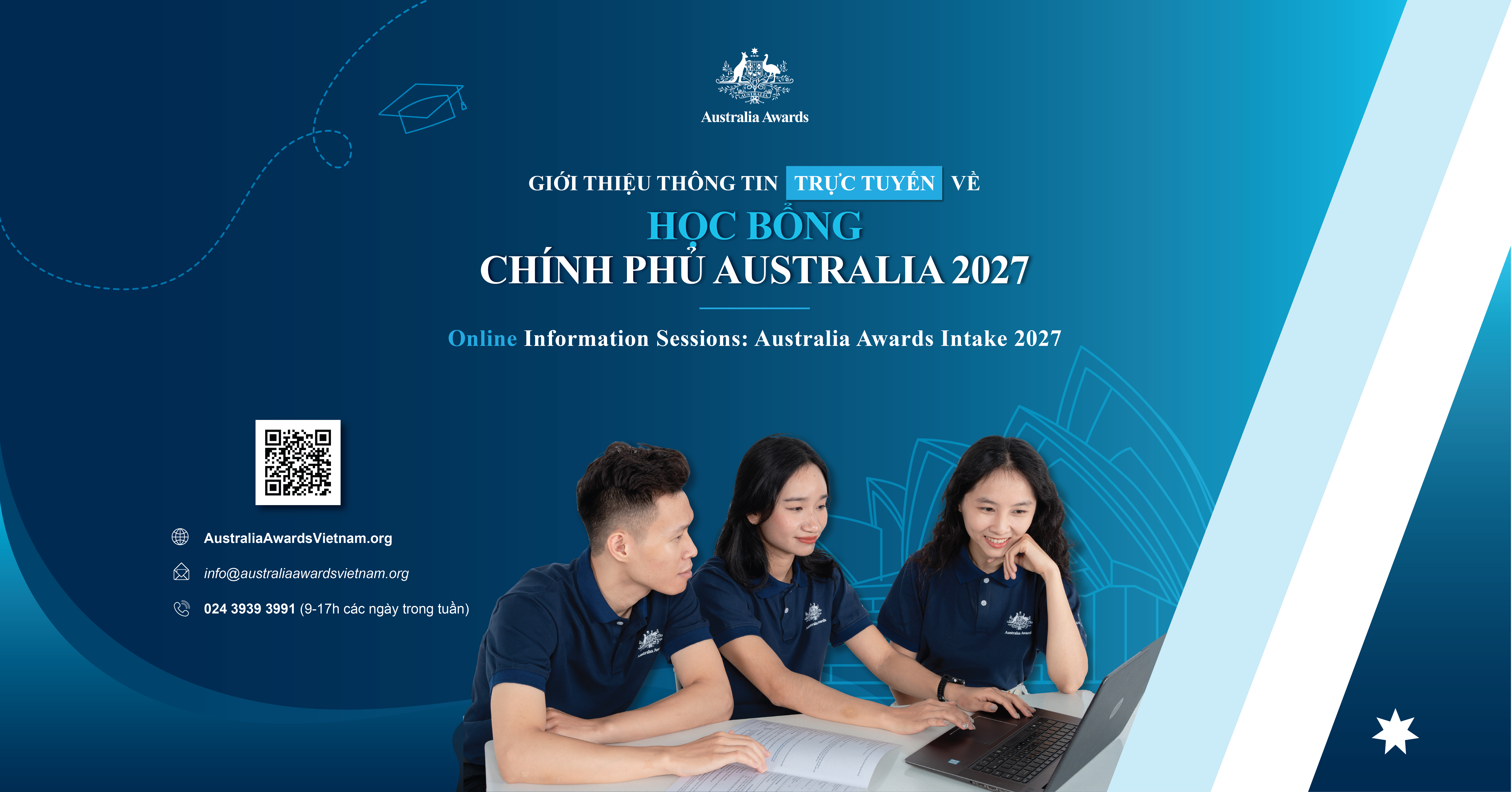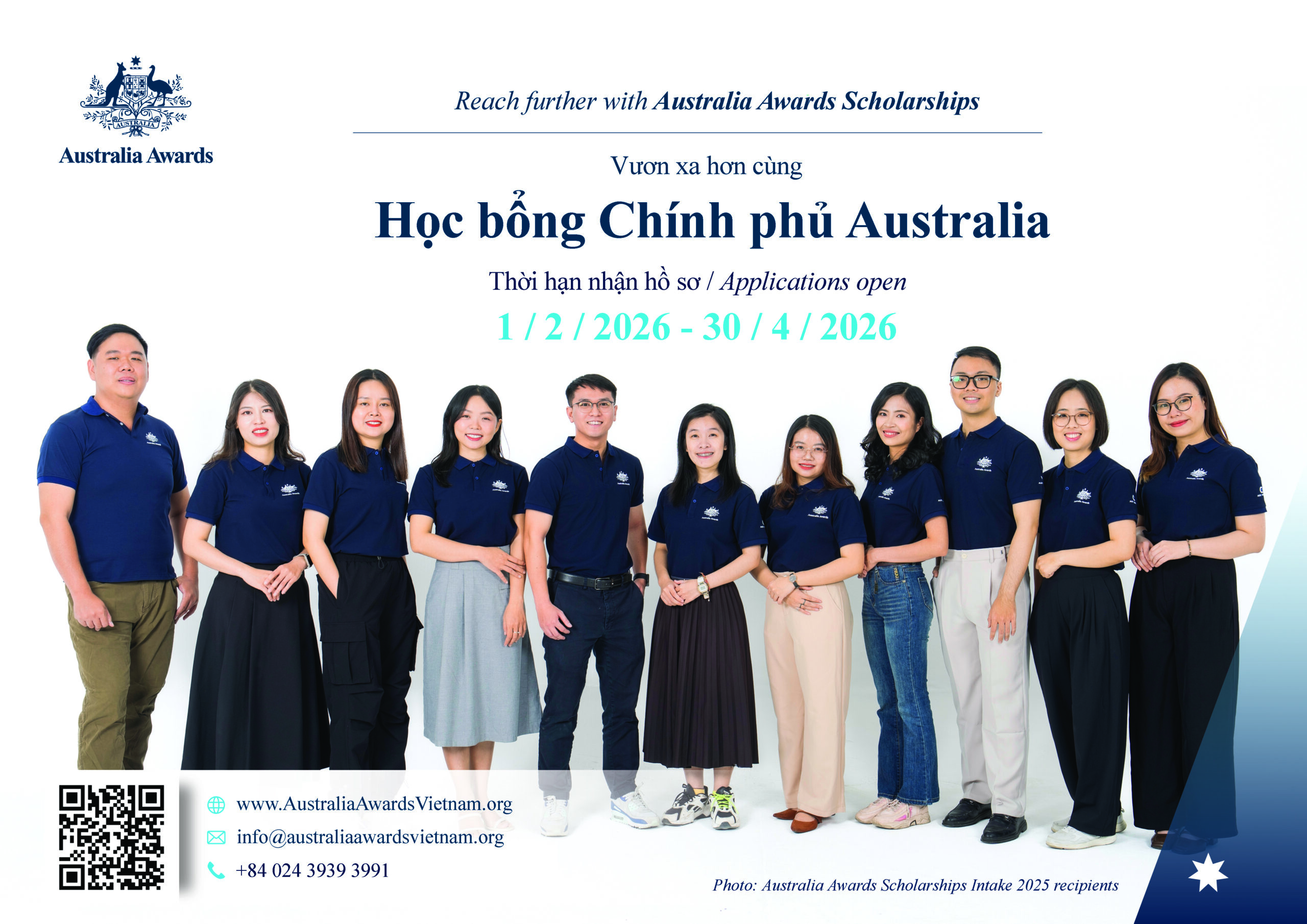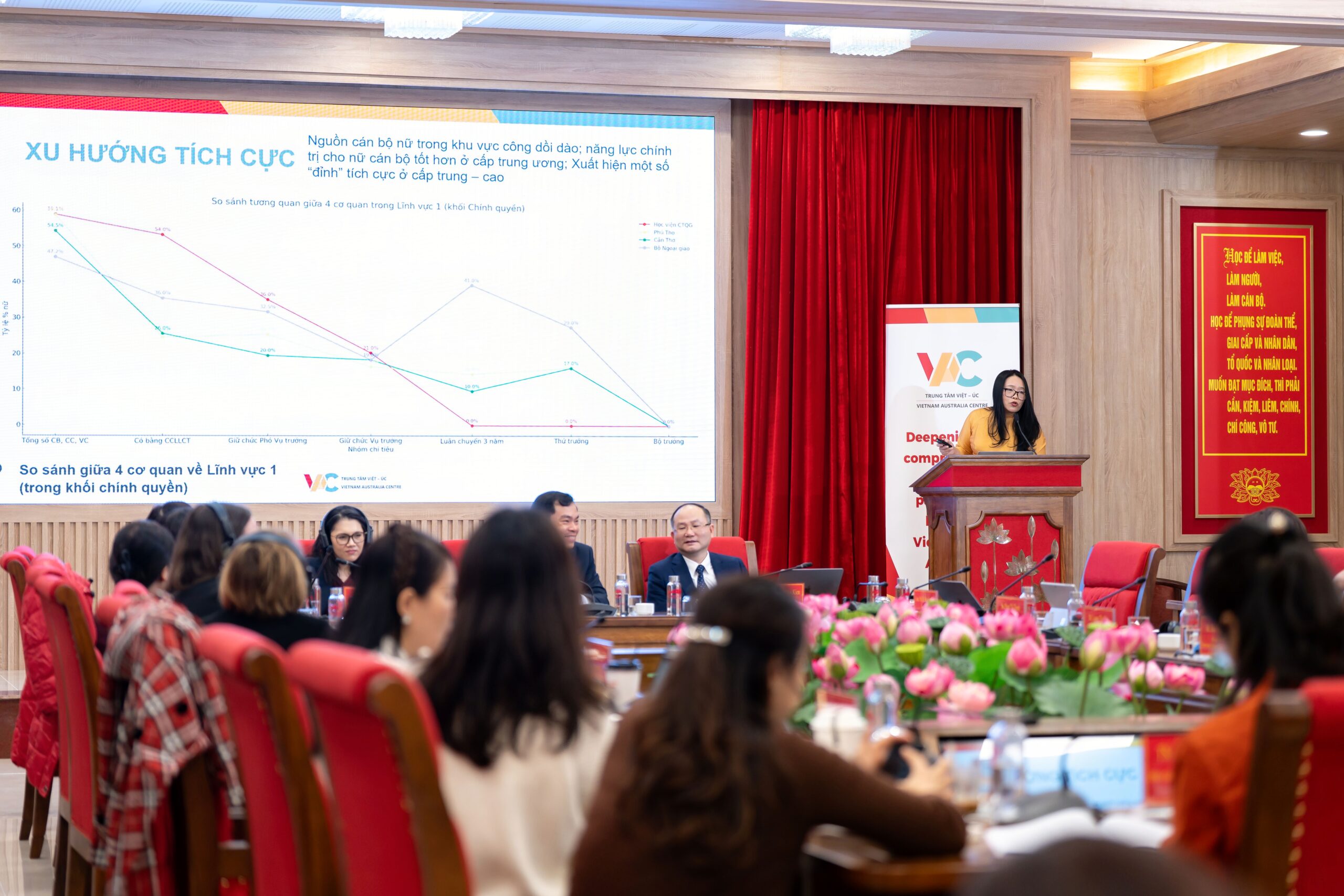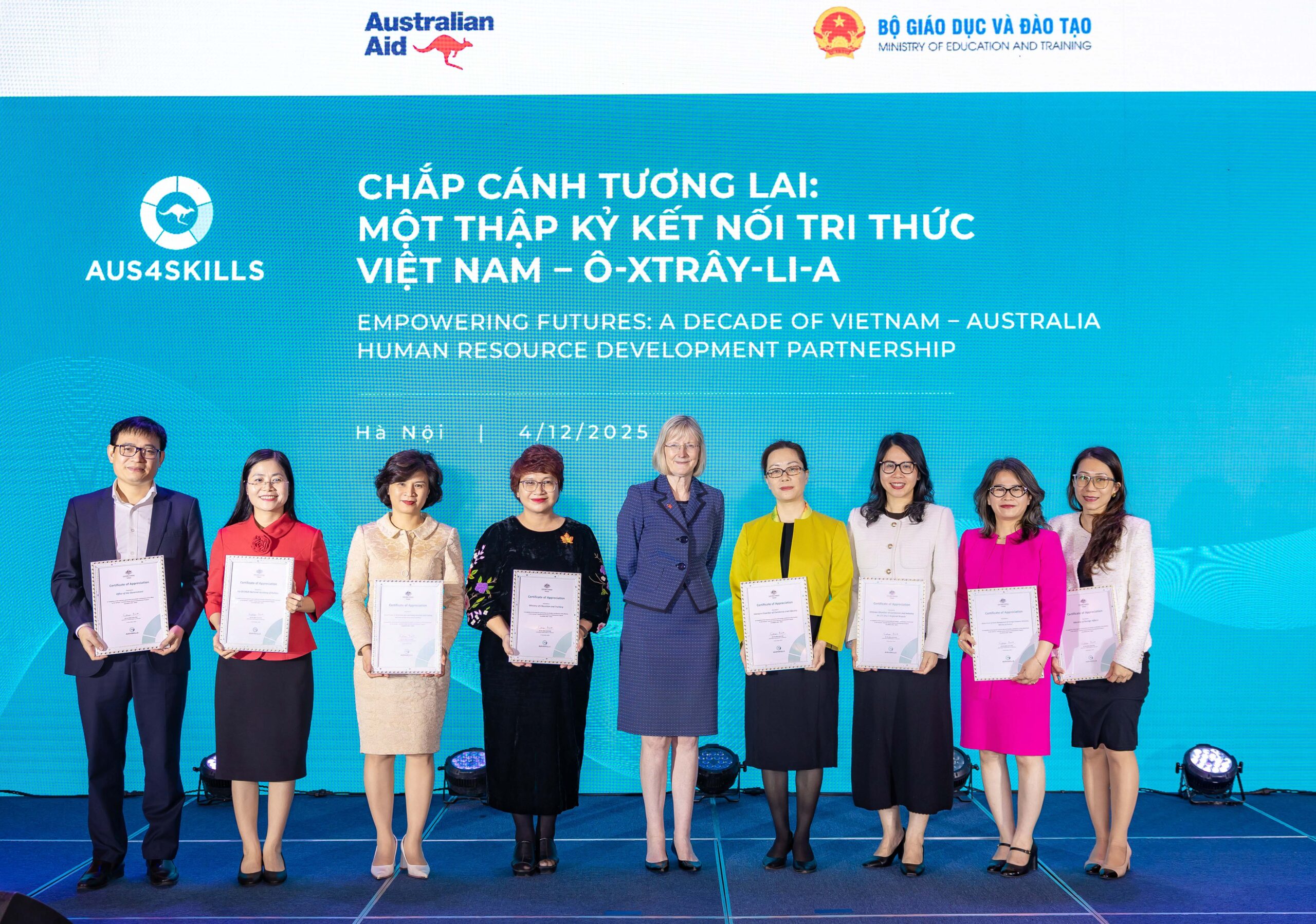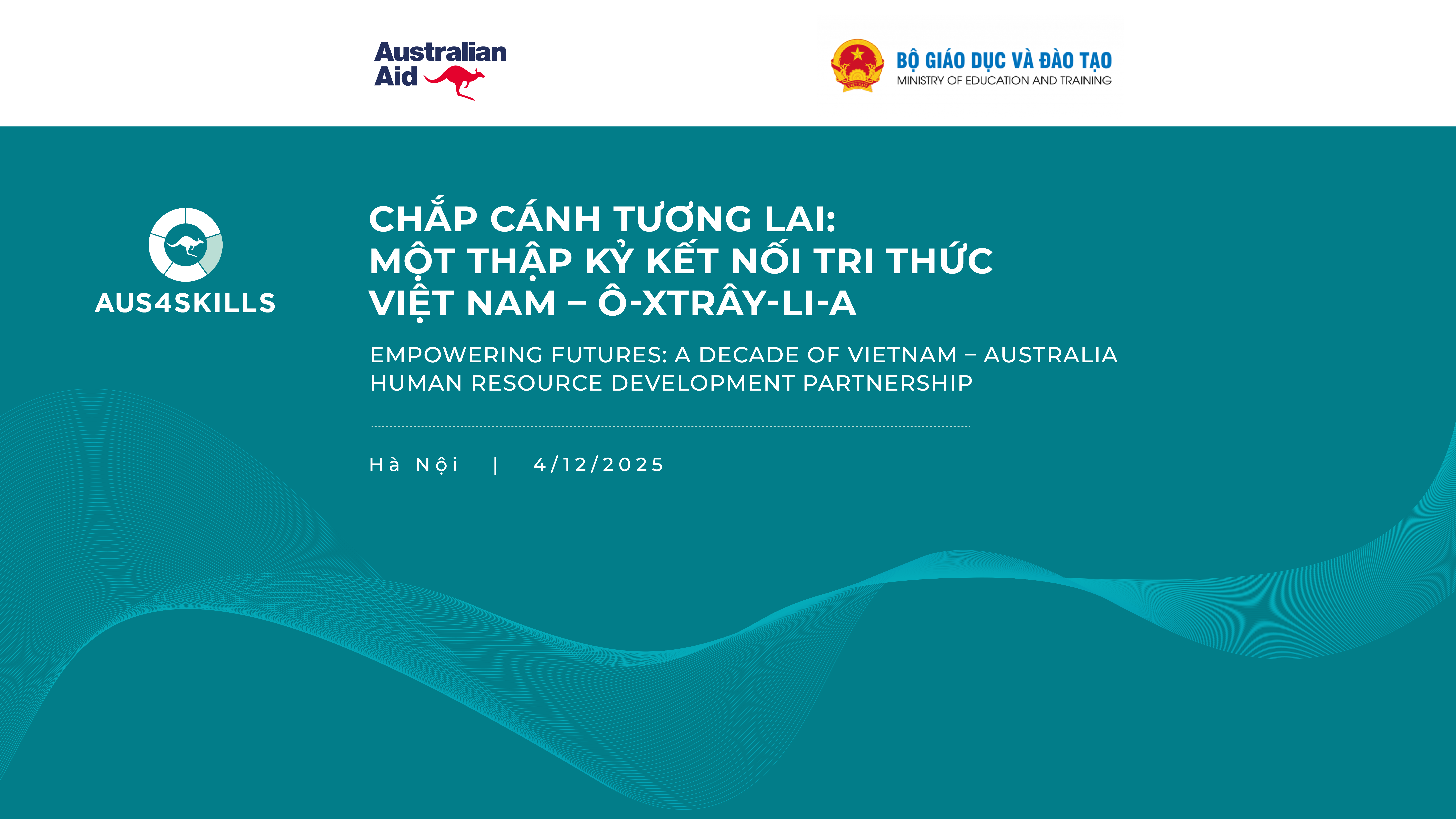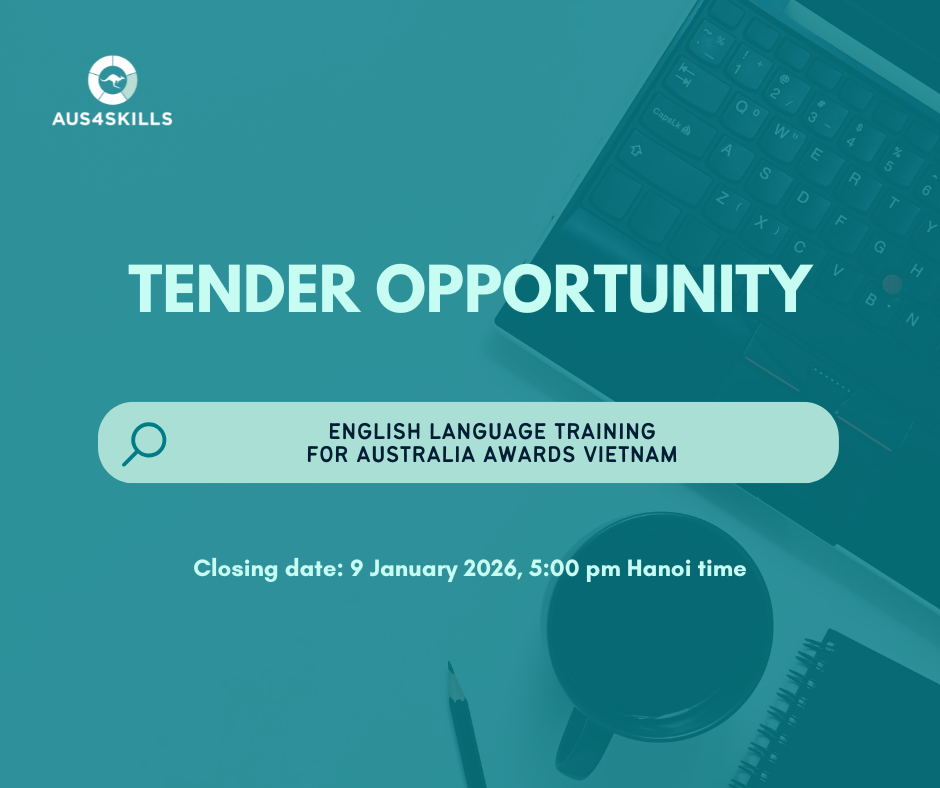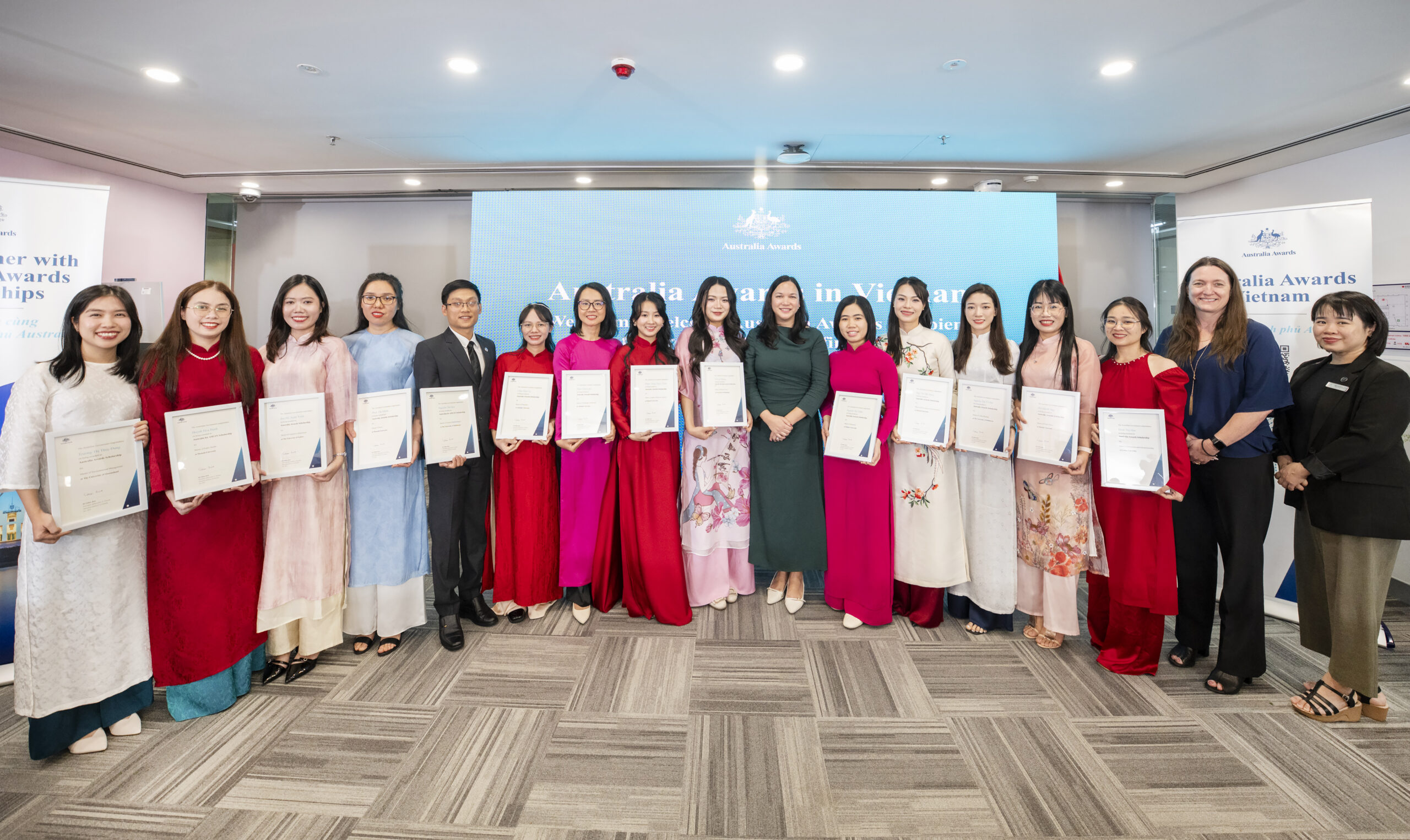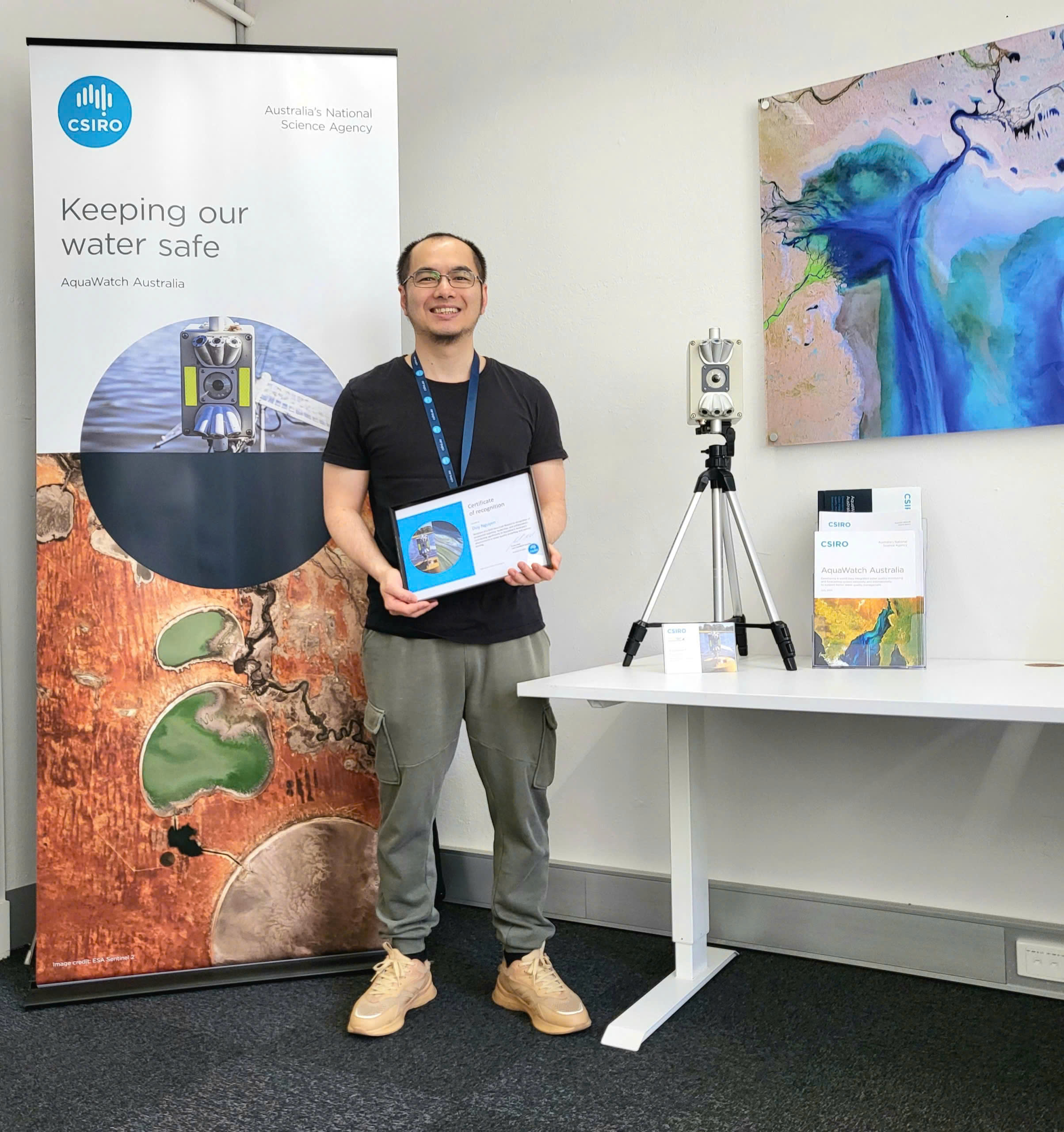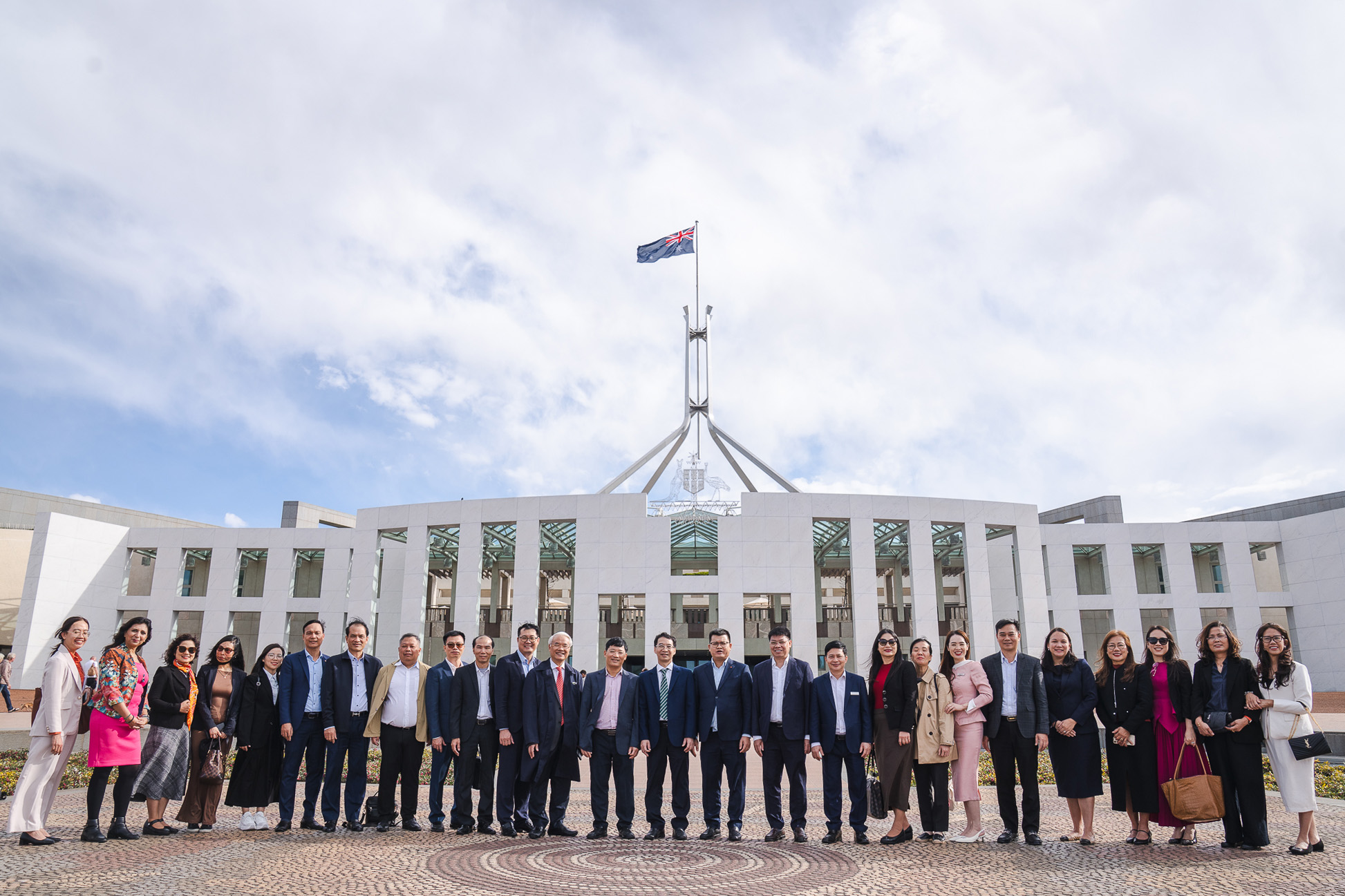Out of 80,000 coded genes, Dr. Hoan was looking for the gene responsible for forming barley resistance to fungal rust, which was as hard as “finding a needle at the bottom of the tank“.
Nature Communications, one of the world’s most prestigious scientific journals, announced last month that research by 37-year-old Vietnamese Dr. Dinh Xuan Hoan had discovered and identified the sequence of genes that protect crops such as wheat and barley against fungal rust, which reduces global food production by 10%.
Dr. Hoan discovered this resistant gene while he was a third-year PhD candidate at the University of Sydney, Australia.
Identifying gene sequencing was the purpose of his PhD assignment, but Dr. Hoan said finding this particular gene was partly thanks to luck. The resistance gene he discovered was unlike any previous ones and was not included in the world’s information data bank.
“I was worried I had done something wrong,” he recalled. “But the instructor advised me to celebrate this finding“, he said, ‘I’m going to have a beer tonight to celebrate this.’ He knew I had found something different, like a ‘treasure’,” Dr. Hoan shared.
The barley genome has 5 billion nucleotides, which encode about 80,000 genes. The aim of Dr. Hoan and his team was to find out which of those 80,000 genes are responsible for forming resistance in plants.
“It was like finding a needle at the bottom of a tank,” Dr. Hoan said.
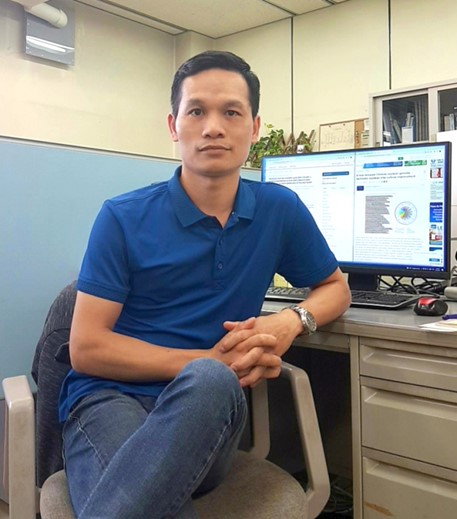
Dr. Hoan in his office in Japan.
The first thing he did was narrow the search by crossing resistant breeds with infected breeds. Most studies in this direction would be selected from about 5,000 F2 plants, but Dr. Hoan used more than 11,000 plants. By designing and using molecular indicators, the range of gene searches was narrowed from the original 5 billion nucleotides to 9,000 nucleotides.
Having narrowed down to just two genes, the researchers caused a dysfunctional mutation to assess the impact of each gene and determine which genes to look for. The team then proceeded to sequence the resistant gene into the infected variety to see if it had the ability to turn the infected variety into a resistant one, so there would be more evidence to confirm the findings.
Most of the disease-resistant genes in plants (90-95%) are in the group of genes that are known to scientists, however, Dr. Hoan’s findings belong to the remaining 5%.
“The gene is completely new and only works when the plant is attacked by rust, so under normal conditions it will be inactivated and not use the energy of the plant. That’s why our research is so interesting, and published in such a reputable journal,” he shared.
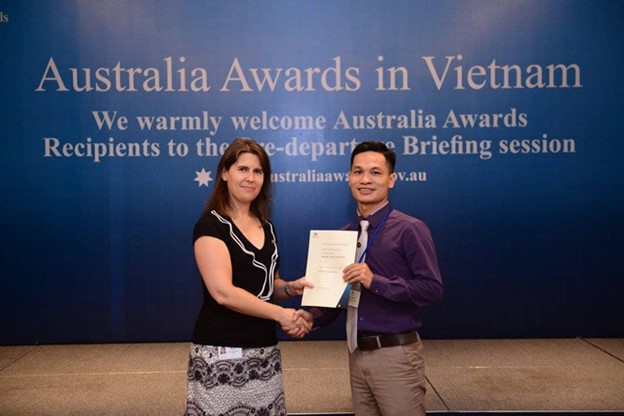
Mr Hoan received an Australia Awards scholarship in 2015. Photo credit: Dinh Xuan Hoan
According to Dr Mohammad Pourkheirandish, senior lecturer in crop genetics at the University of Melbourne, rust causes great damage to grain production worldwide. Using resistant varieties is the most economically and ecologically effective solution.
“Identifying disease-resistant genes protects grain crops from rust in a greener and cleaner way than spraying fungicides. These findings help protect farmers as well as the environment from toxic chemicals,” Mohammad said, adding that Hoan was among the top 1% of outstanding students his team had ever guided.
Professor Robert F. Park, who instructed Dr. Hoan, said this was an important finding to understand how plants protect themselves from pathogens. Pathogens reduce global crop production by 20-25% per year, and scientists have only two main ways to control them either by chemicals or genetically.
“This discovery is so important because it found an entirely new resistance mechanism,” said Judith Coffey, President of the Judith & David Coffey Foundation for Sustainable Agriculture and Director of Rust Disease Research at the University of Sydney.
The findings of the research by Dr. Hoan and his colleagues is applicable to all barley growers and breeders in the world, to create new varieties that carry resistance genes, making plants stronger.
Professor Park added that isolating genes to find out the exact order of nucleotides is a technically difficult task because barley has a huge genome. Finding a gene is like a playing a jigsaw puzzle with thousands of puzzle pieces, without any images for reference.
“He is a dynamic and energetic fellow with a passion for science. This is why I gave him a challenging project and for three years, Hoan showed incredible patience and perseverance,” Professor Park commented.
Dr. Hoan’s project was largely done in the laboratory, with DNA extraction and PCR testing, and selecting target plants carrying resistance genes, planting them in the field and waiting for the harvest to do other experiments.
Typically, a person can extract the DNA of about 200 samples and run 1,000 PCR samples per day. Hoan and his team improved the method to extract the DNA of 1,800 samples and PCR run 3,600-4,000 samples per day. All stages of the job was done by rHoan himself, instead of having the support of technical staff.
The Vietnamese PhD candidate said he applied the same advanced research method as other scientists in the world but he was luckier, because the sequence and genetic characteristics he found were different from all previously published. Barley has 28 genes that are resistant to leaf rust, but only four have been isolated. Three of these belong to the known 95% group.
After completing his PhD program in Australia, Dr. Hoan earned a scholarship for postdoctoral fellowship in Japan, which he commenced last month. For him, working in the field of agriculture and helping farmers, not only in Vietnam but also around the world, has been his desire since childhood.
Born into a farmer’s family in Yen Khanh district, Ninh Binh province, Dr. Hoan grew up on a rice and vegetable farm and was no stranger to the farm work. Dr. Hoan said witnessing the difficulties farmers faced in the field inspired him to do useful research for crops.
“I chose to study at Hanoi University of Agriculture (now the Academy of Agriculture) because I wanted to study agriculture. According to statistics, 60% of Vietnam’s population works in the agricultural sector, so this career choice will enable me to help many people,” he said.
After graduating from university in 2007, Dr. Hoan joined the Institute of Plant Protection, and did research on solutions to protect crops and reduce damage caused by pests. The Institute dealt with many foreign partners, but in the beginning, Dr. Hoan did not feel confident communicating with them because of his limited English skills.
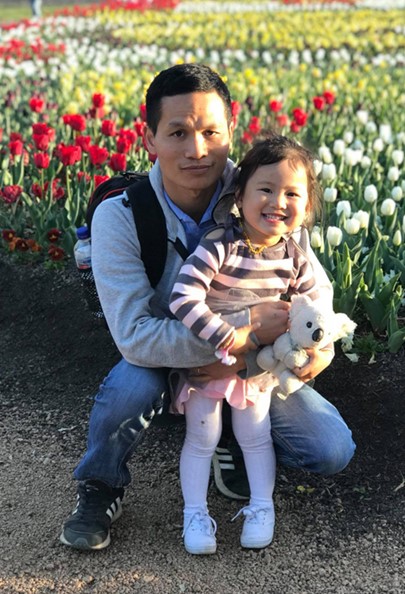
Having completed his PhD in Australia, Dr. Hoan is currently doing a postdoctoral research in Tsukuba, Ibaraki Prefecture, Japan. Photo: Dinh Xuan Hoan
He became determined to learn English to be able to confidently communicate with foreign experts. Having acquired 6.0 IELTS score, Dr. Hoan started thinking about applying for a scholarship to study abroad.
In 2014, he applied for a number of scholarships but did not succeed. He did not give up, but spent time reviewing his profile, carefully studying applicant selection criteria. A year later, he won three scholarships simultaneously for doctoral study in China, Japan and Australia. He chose Australia’s University of Sydney.
The 37-year-old fellow said his efforts combined with his concentration on basic research gave him the opportunity to attend the world’s largest scientific conferences on agriculture in the US and Australia, and to meet and discuss with the world’s leading scientists in this field. Dr. Hoan’s plan is to continue his work at his former agency in Vietnam after completing his postdoctoral program.
Source: Binh Minh -vnexpress.net







